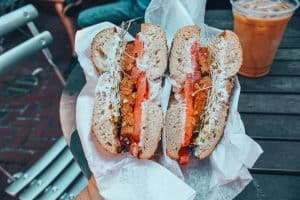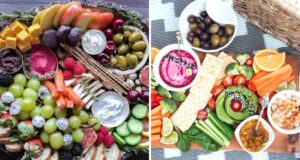More and more people are considering diets that don’t include animal meat, and some people are considering eating only plant products completely. While plant-based diets can be very healthy, it is important to consider that there are some nutrients that are more difficult to get in natural ways while eating a diet without meat or animal byproducts.
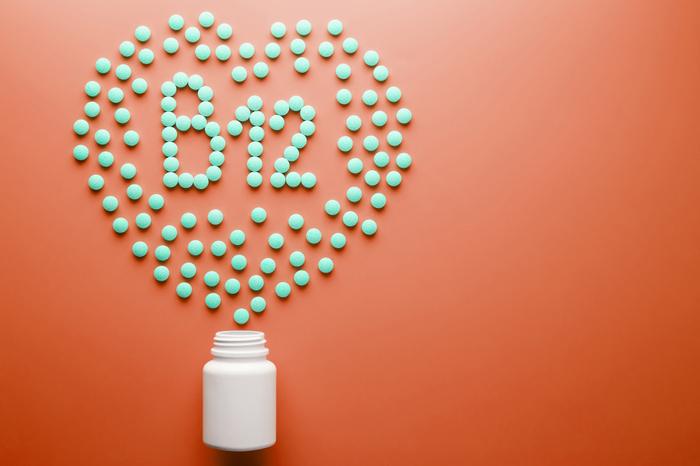
Jumping right into a vegan lifestyle without adequate food variety can lead to nutrient deficiencies if you are not careful.
One of the most common deficiencies for vegans is vitamin B12. Fortunately, there are more ways than ever before to get the right nutrients, especially vitamin B12.
Most people don’t realize the importance of vitamin B12 in the diet. They eat products that are fortified and don’t notice if they have a deficiency or not. However, when you cut out all these typical sources of vitamin B12, you can become deficient.
Common Sources of Vitamin B12
Most people get enough vitamin B12 by eating meat, cheese, and eggs, as these are the most common sources of B12.
In recent years, food manufacturers have started fortifying rice, rice cereal, and other grain products to ensure that people who eat them are getting enough B12.
For people who want to go completely vegan, it’s entirely possible to get all of the nutrients you need. To start, it’s important to get on a quality vitamin B12 supplement.
This will ensure that even when your diet isn’t perfect, or you’re transitioning off of meat, you have the energy levels you need because your body has the nutrients it needs.
What Does Vitamin B12 Do in the Body?
Vitamin B12 is necessary for the formation of nerve tissue and blood cells. It is also needed to make DNA, which carries genetic information between cells. B12 helps with the formation of red blood cells that carry oxygen through your body, and it helps make white blood cells that fight infection.
People with low levels of Vitamin B12 may experience hair loss, weakness, sudden weight loss, mood changes, and more. People with B12 deficiencies often have discolored skin and look ill.
B12 deficiencies are more common in areas where there is little access to animal products or fortified products or in people who eat vegan and vegetarian diets.
Bone health is another benefit of adequate B12 in the body. It’s one of the many things that work together with calcium to ensure that bones are strong and sturdy.
People with mental health conditions such as depression should consider adding B12 supplementation and foods containing B12. Some studies have revealed that people with these conditions often have nutrient deficiencies.
What Can Vegans Eat to Get Vitamin B12?
While some people will say that the only way for vegans to get enough B12 is through supplements, this isn’t true. There are some natural sources of B12 if you are open to expanding the variety of foods you eat.
Eating lettuce, tomatoes, cucumbers, beans, and rice is not enough variety to ensure that your B12 needs are met. Instead, add in things like nutritional yeast, marmite, chlorella, and cremini mushrooms.
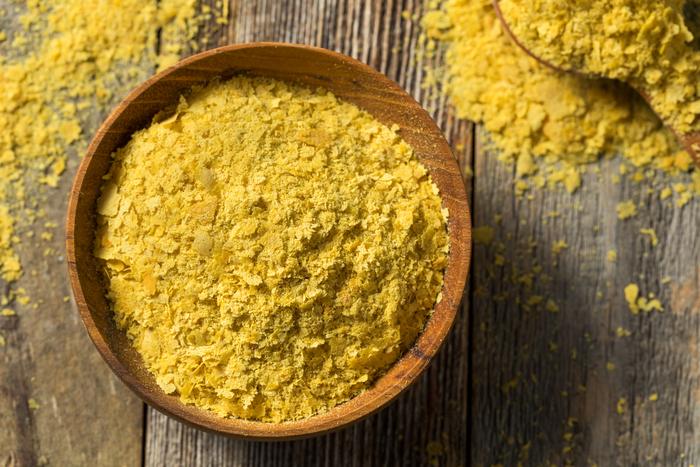
Vegans who add these foods to their diet are more likely to get all their B12 needs met. There is nothing wrong with eating fortified cereal grains and even taking a supplement as well.
Additionally, vegans should focus on plant foods that are of the highest quality. It’s especially important to look for vegetables raised in permaculture environments because these will be more nutrient dense than what you find in the conventional foods section of the grocery store.
People on plant-based diets have far more energy when they eat a wide variety of foods. This includes adding items like tempeh, fortified soy, and almond milk, and even plant-based meats.
While eating dark leafy greens, potatoes, algae, and a variety of delicious beans are important; it’s also important to take supplements. Why? Because the nutrient density of vegetables and plants varies. This means that you might think your one cup of kelp has the B12 you need, but it might only have half the amount. Over time this can lead to deficiencies.
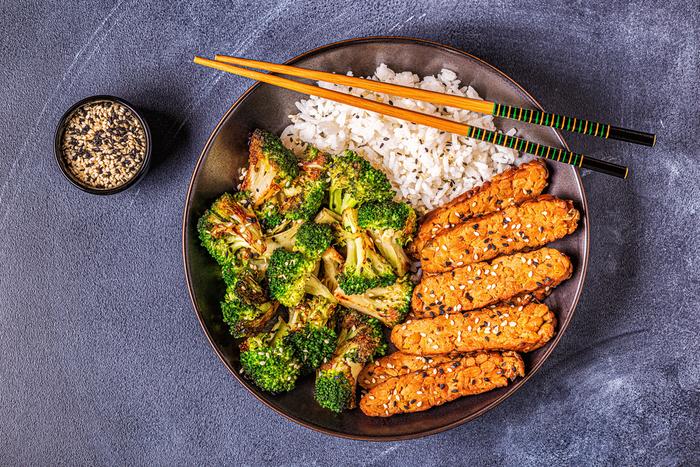
Final Thoughts
While vegetarians and vegans can get all the nutrients they need from fruits, root vegetables, nutritional yeast, nuts, seeds, sea kelp, and even beans, supplementing means they will never be deficient.
The great thing is that even if you only supplement a couple of times a week, it can make a big difference in your energy levels, skin tone, hair health, and bone health.
Focus on a diet filled with great vegan protein sources and vegan sources of B12, and then add in all the variety you want from the available fruits and vegetables you enjoy.
- 9 Weird Things To Do In Dublin, Ireland - April 13, 2024
- 14 Weird Things To Do In Indianapolis, Indiana - April 13, 2024
- Saudi Sands: Discovering Arabia’s Cultural Tapestry - April 1, 2024


